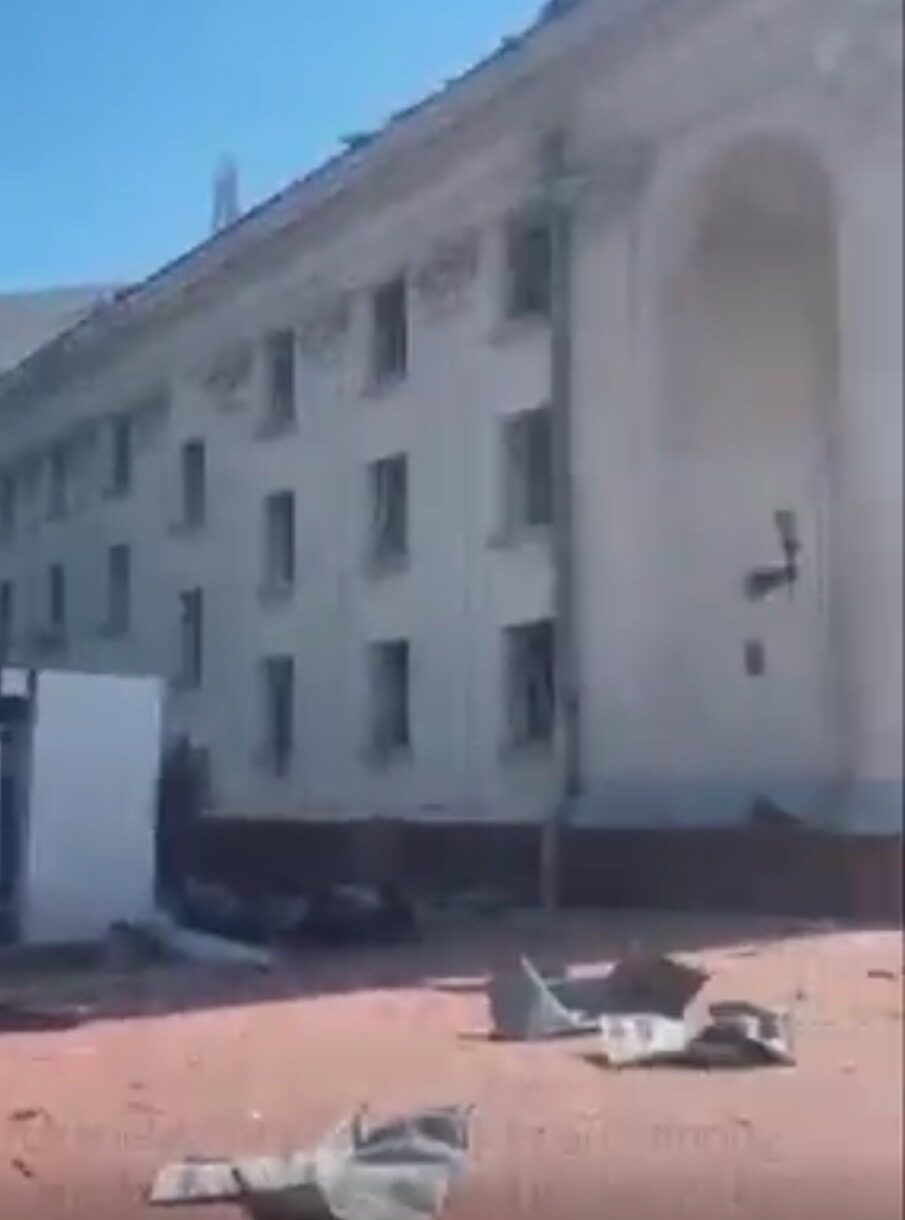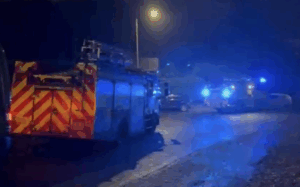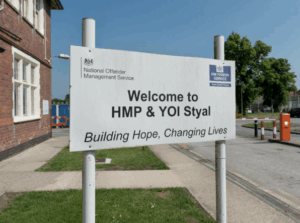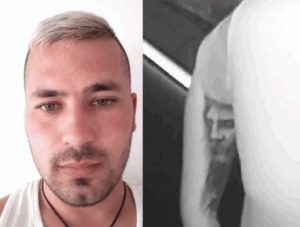The tragic toll of the Chernihiv missile strike has grown to seven confirmed fatalities, according to Ukraine’s Interior Minister, Ihor Klymenko. The attack, which resulted in widespread devastation, has also left at least 117 people injured, including 10 police officers and 12 children.
Initial reports had indicated that 37 individuals were harmed in the aftermath of the strike. The impact of the attack extended beyond human casualties, causing severe damage to a theatre and a university within the city. Ukrainian officials have pointed to a ballistic missile as the cause of this tragedy.
Ukrainian President Volodymyr Zelenskyy vehemently condemned the missile strike, expressing his sorrow over the loss of lives and pain inflicted on the people of Chernihiv. Zelenskyy criticized Russia for transforming what should have been an ordinary Saturday into a day marked by suffering and sorrow.
Chernihiv, renowned for its leafy boulevards and centuries-old churches, is located approximately 145 km (90 miles) to the north of Kyiv, the capital of Ukraine. Situated about 50 km (31 miles) from the border with Belarus, the city has suffered its share of turmoil during the ongoing conflict. Chernihiv was subjected to a devastating two-month siege by Russian forces early in the conflict, particularly during Moscow’s unsuccessful attempt to capture Kyiv, located 125 km northeast of Chernihiv.
After Russia’s forces retreated from Chernihiv, questions emerged regarding the nature of the attacks on civilian targets within the city. Accusations of potential war crimes were raised, though Russia has consistently denied any wrongdoing.





































